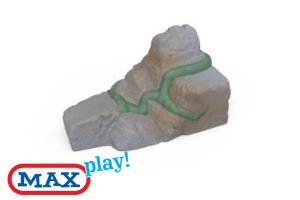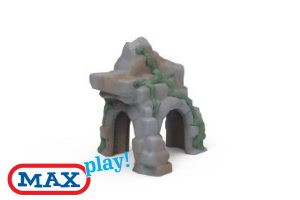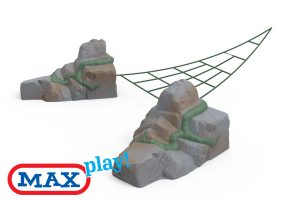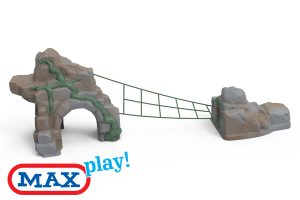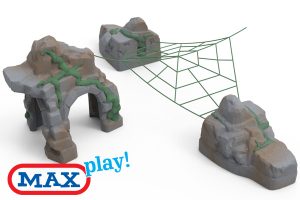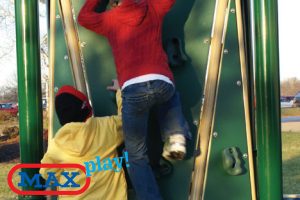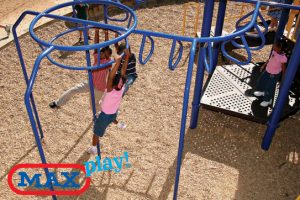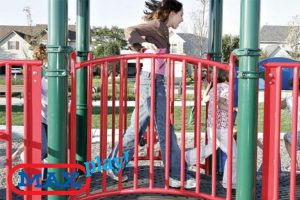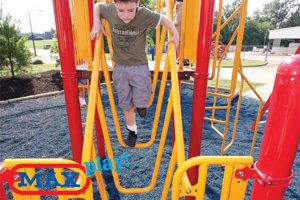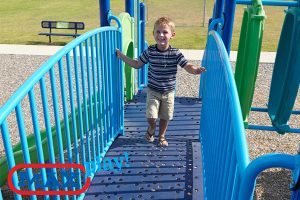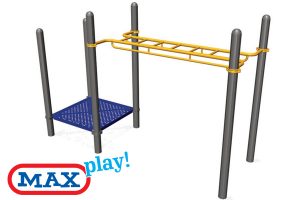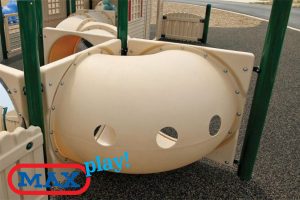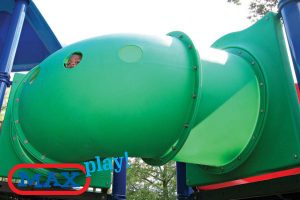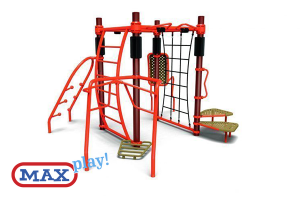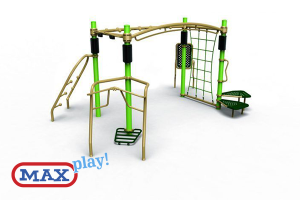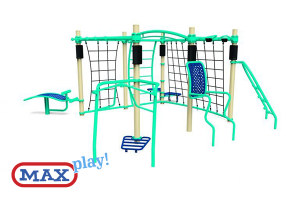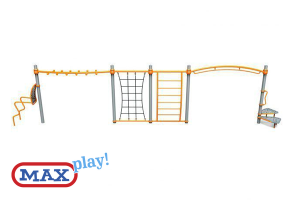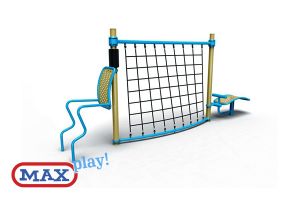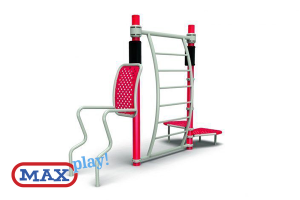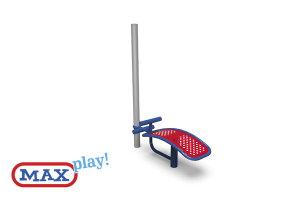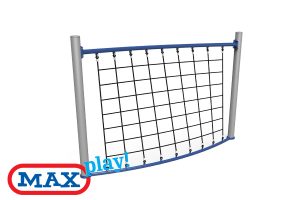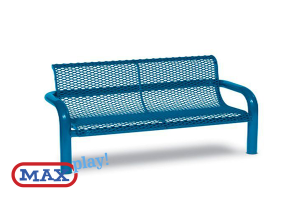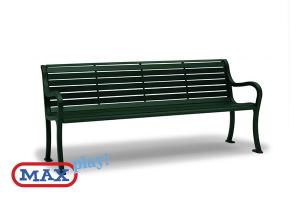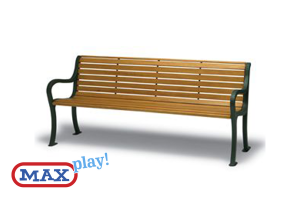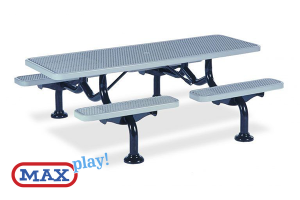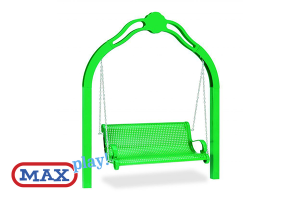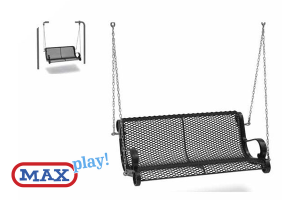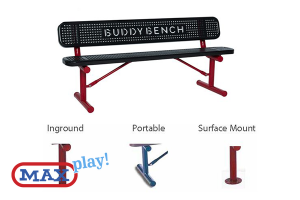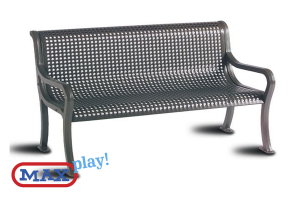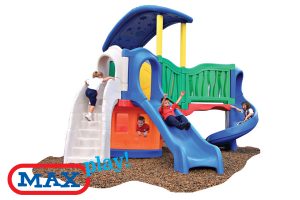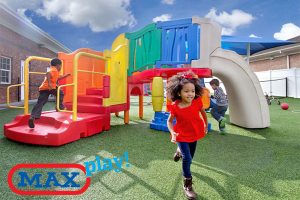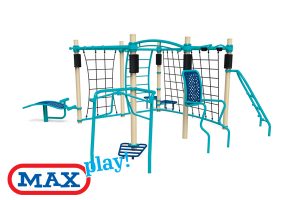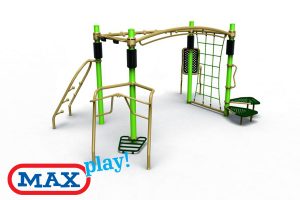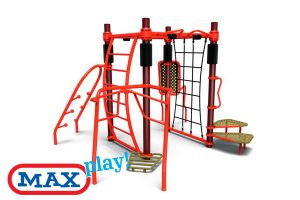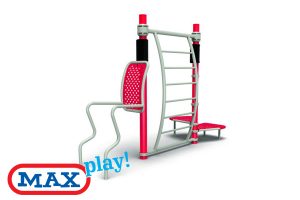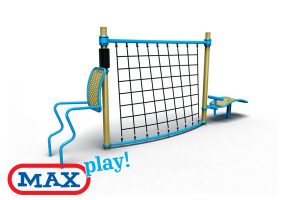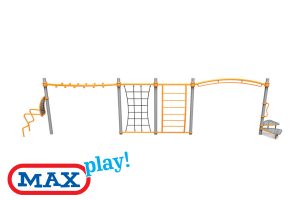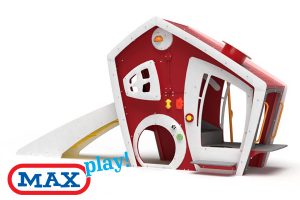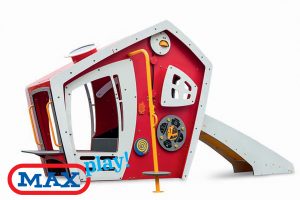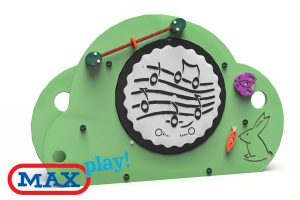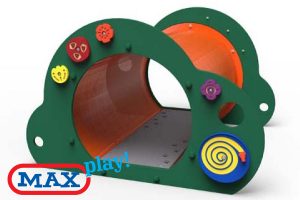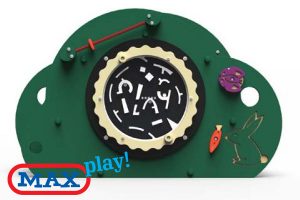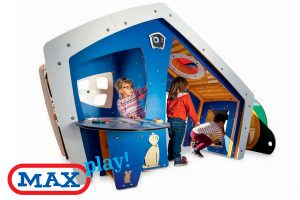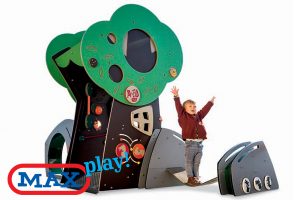HOW PLAYING ON THE PLAYGROUND CAN HELP KIDS BUILD CONFIDENCE

If you work with children, you know just how much of an impact self-confidence can have on their everyday lives. Children with healthy self-esteem feel pride in their accomplishments, self-assurance in their ability to achieve and acceptance from themselves and their peers. Overall, confidence helps kids to be the best they can be at home, at school, alone and with friends — and it’s a vital part of healthy child development.
Did you know one of the best places for kids to build their self-confidence is on the playground? The fact is, playgrounds and child self-confidence often go hand in hand.
If you’re wondering how to build a child’s confidence, encourage them to try new things and help them cope with their mistakes, look no further than the schoolyard or community playground. As kids play, learn and grow both by themselves and with their peers, they develop the physical, mental and emotional skills they need for lasting confidence and self-acceptance.
Here are five of the many ways that playing on the playground helps build self-esteem.
- BUILDS PEER RELATIONSHIPS
Children feel an innate need to fit in with their peers, but some kids find it more difficult than others to make friends. When a child does not feel like they fit in, they might feel like they aren’t as good or likable as the other kids. But when they overcome these feelings, kids will feel a sense of accomplishment and belonging to a larger community.
Playground equipment such as swings and activity panels gives kids a place to explore their interests together and achieve common goals. An inclusive play space allows for collaborative play and takes away some of the awkwardness kids feel when they approach someone new.
- ALLOWS KIDS TO MAKE THEIR OWN DECISIONS AND PURSUE THEIR INTERESTS
Kids feel more powerful when they’re allowed to make their own choices. While structured activities have their own importance, unstructured playtime on the playground empowers children to explore their interests on their own as they choose which equipment and activities they most enjoy.
Not only will they feel more competent in their decision-making abilities as they try new things, but kids can also discover talents and interests they didn’t know they had. They’ll feel a sense of pride as they identify activities they’re good at and genuinely enjoy.
- ENCOURAGES HEALTHY RISK-TAKING
Any time a child tries something new is an opportunity for a self-confidence boost. Kids need to take risks to build lasting confidence, and a playground allows them to take these risks in a safe, supervised environment. Walking across a balance beam or swinging across the monkey bars might feel intimidating to them at first, but they’ll feel a sense of pride as they learn new skills and achieve their goals.
- DEVELOPS ESSENTIAL LIFE SKILLS
The skills children learn from the playground affect every aspect of development. Playing on the playground can improve cognitive function, leading to higher test scores and increasing confidence in the classroom. Play can also boost motor and social skills, critical thinking, hand-eye coordination and creativity — skills that help kids excel in many areas of life. Developing these abilities can help encourage confidence in nearly any area of life throughout a child’s entire lifetime.
- HELPS KIDS MANAGE DISAPPOINTMENT AND FRUSTRATION
Some of the best childhood memories happen on a playground, but children can also experience feelings of impatience, frustration and disappointment. When they have to stand in line to use a slide or try to play with someone who is still learning to share, they learn that these negative experiences aren’t the end of the world. With proper encouragement from a caregiver, kids learn that they can effectively manage and overcome frustration or disappointment.
TIPS FOR HELPING CHILDREN DEVELOP SELF-CONFIDENCE

Caregivers play a crucial role in developing the confidence of the children in their care. Here are some tips on how to build self-confidence in a child:
- Praise Them — But Not Too Much: Praise is a vital self-esteem builder, but too much of a good thing does more harm than good. Over-praising lowers the bar for kids to try harder and can send the message that they’re either already perfect or that they have to be. Instead of praising results, praise the attitude and effort behind their actions.
- Teach Them to Self-Encourage: Your encouragement is essential in helping kids deal with insecurities and disappointment. Teach children to say “I think I can, I think I can” when starting a new activity and encourage them to pick themselves up after a mistake by saying “Practice makes progress!” or “There’s always next time!”. This positive self-talk will stick with kids for the rest of their lives.
- Focus on Strengths and Ban Harsh Criticism: Pay attention to what kids do well and enjoy, then help them develop these strengths — but remember that perfection is never the goal. Constant criticism can translate into how kids think about themselves and tells them they’ll never be good enough, but nurturing their strengths helps them feel capable and accepted.
- Be There to Help Them, But Know When to Step Back: Show kids how to do things and support them as they begin, but also allow them to do what they can — even if they struggle or make mistakes. Make challenges easy enough for them to grasp but hard enough that they feel accomplished when they succeed.
PLAYGROUNDS FROM MAX PLAY
The benefits of child self-esteem activities at the playground are too significant to overlook. If you’re interested in purchasing high-quality commercial playground equipment for your community, school or daycare, place of worship or other organization, Max pLay can help.
We believe playtime is essential for lasting self-confidence and the development of critical life skills, which is why we offer a wide variety of swings, slides, tunnels, climbers and other equipment designed for kids of all ages to have a fun, safe and enriching playtime experience.

